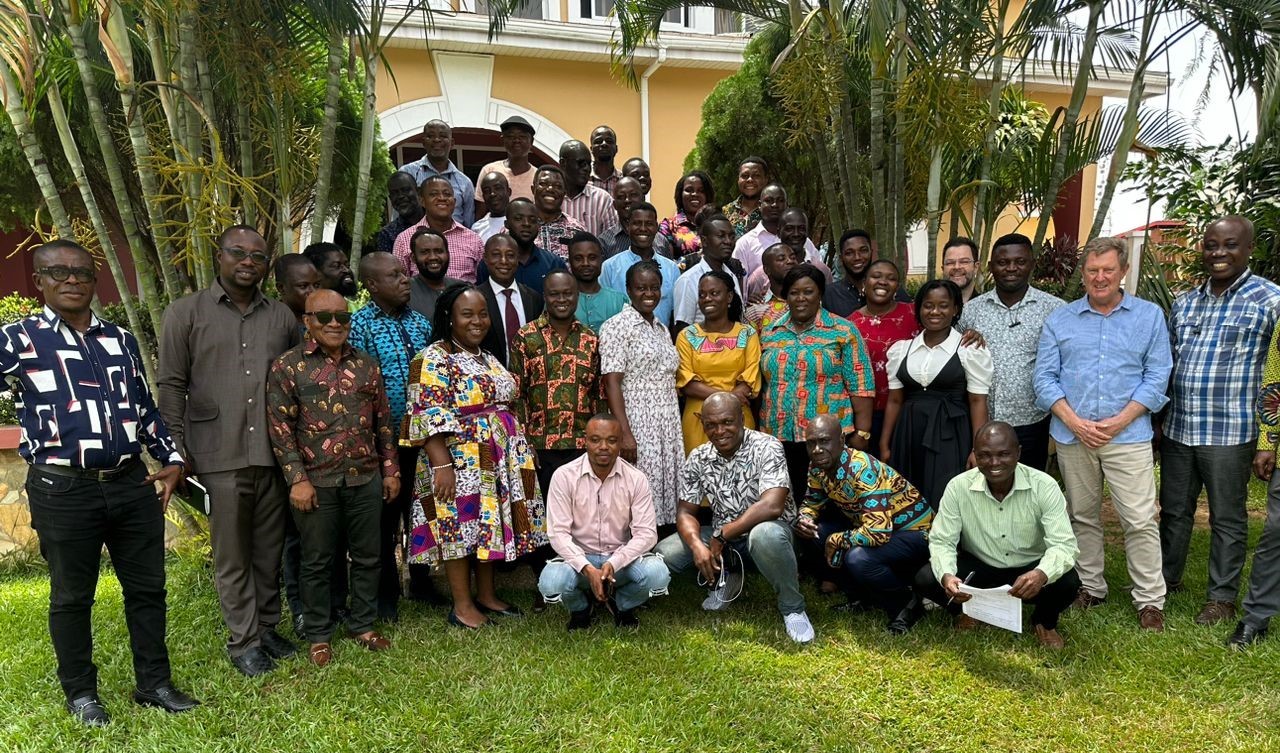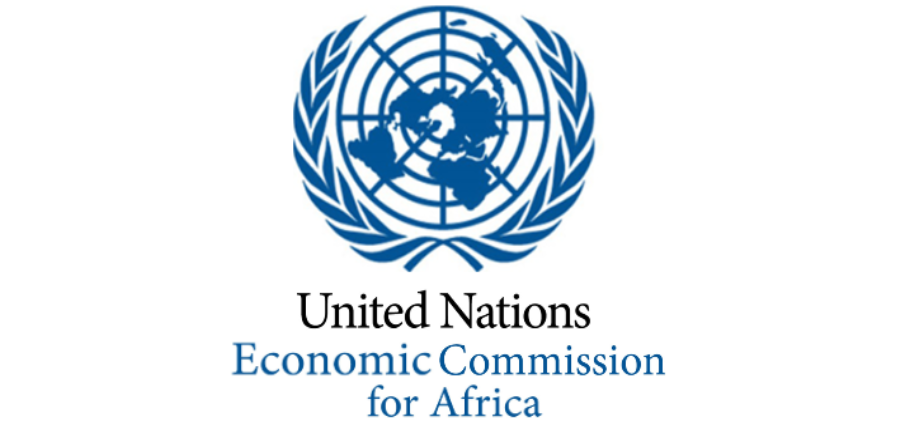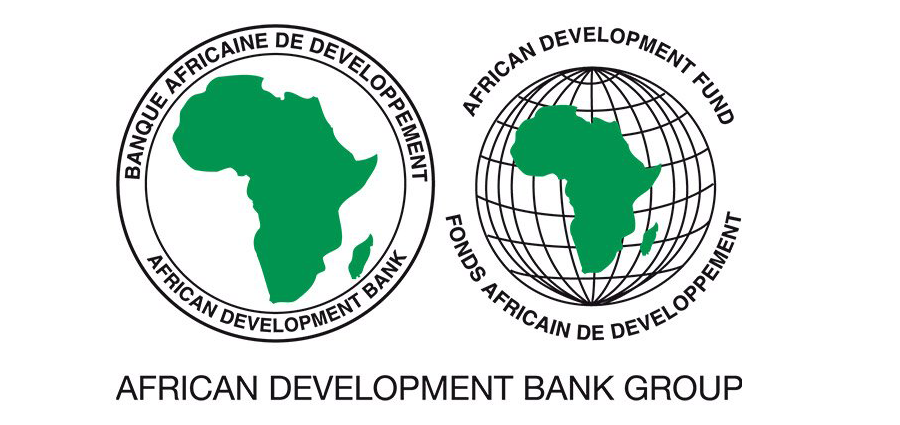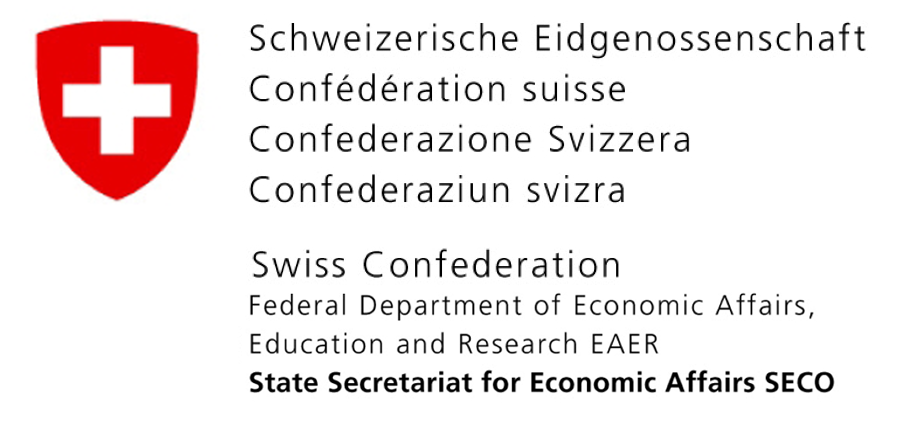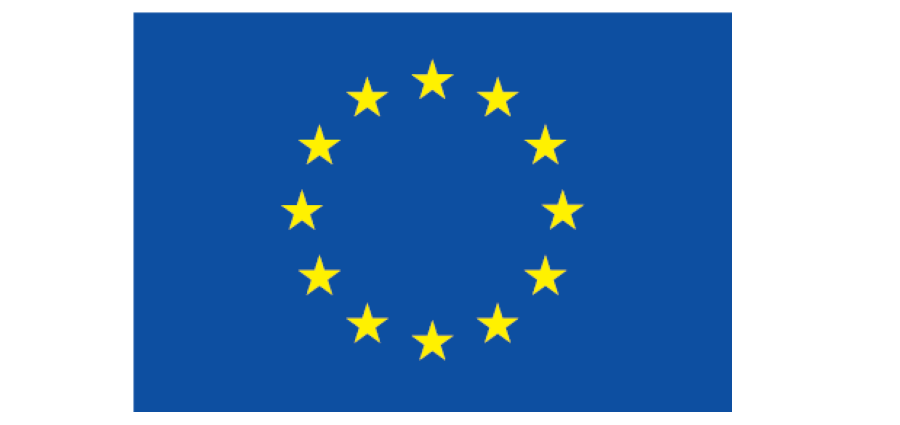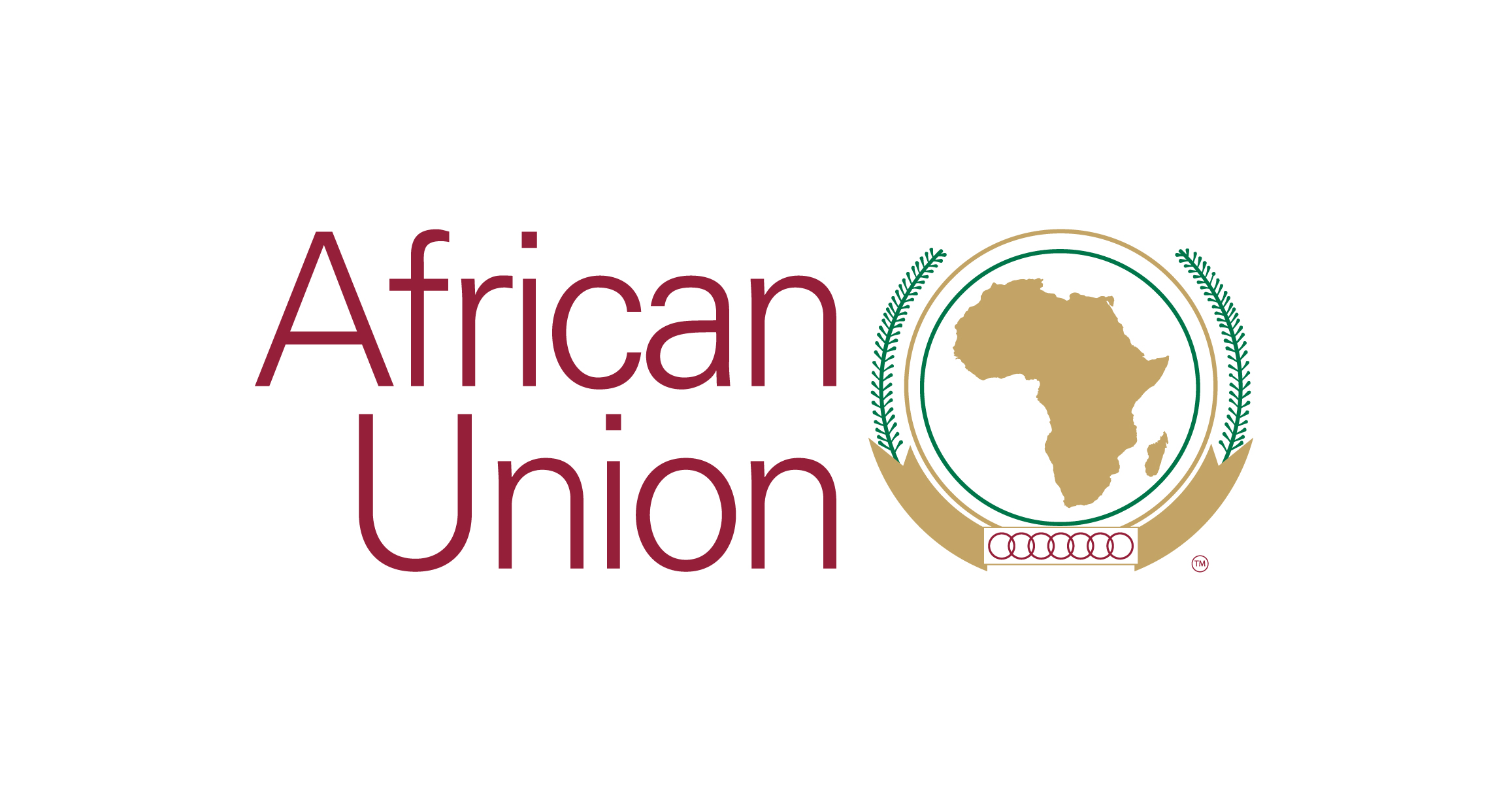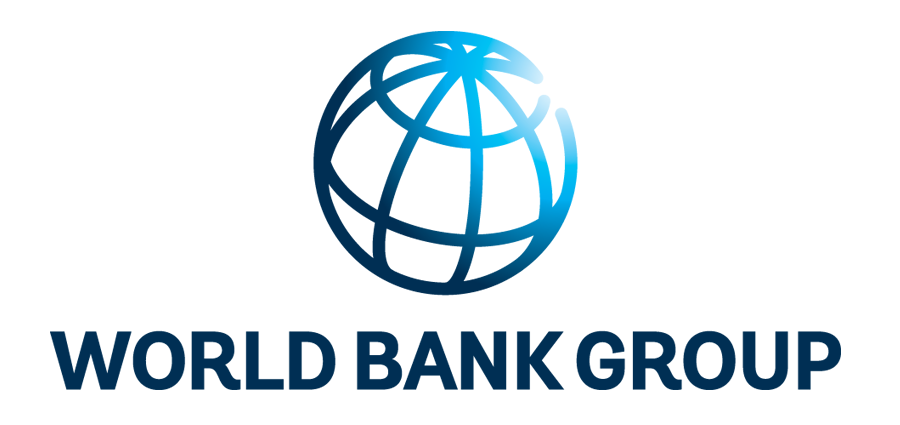Bridging the Gap: Capacity Building Workshops in Freetown and Kumasi Drive Public Transport Improvement
In April 2024, two African cities, Freetown and Kumasi, hosted capacity-building workshops that brought together government officials and public transport operators to collectively address the pressing challenges of urban mobility. Organized by SSATP and featuring a blend of international and local expertise, these workshops focused on public transport improvement with a specific emphasis on the professionalization of paratransit services.
Urban mobility is a key lever for the development of African urban economies, and yet, in many cities across the continent, public transport systems—particularly paratransit services—remain fragmented, inefficient, and under-regulated. The workshops held in Freetown and Kumasi were designed to not only tackle these challenges but also foster a new spirit of collaboration between government authorities and transport operators, two groups that historically have had limited opportunities to engage in constructive dialogue. In Freetown, the workshop built on the dynamic initiated through the Integrated and Resilient Urban Mobility Project, while in Kumasi it contributed to preparatory efforts led by the Government of Ghana with support from the World Bank to develop a Bus Rapid Transit project.
Day 1: Laying the Foundations for Effective Public Transport
The first day of the workshop in both cities was dedicated to representatives from local and national-level government. Participants included officials from ministries, agencies, and local municipalities. The focus of the day was clear: to establish the legal and regulatory frameworks necessary to improve the efficiency of public transport services.
The day was organized around a series of case studies and practical exercises, complemented with presentations by international experts, highlighting global best practices in public transport governance.
Through interactive sessions, participants explored the complexities of creating enabling environments for public transport reform. They examined the legal and regulatory hurdles that currently impede progress in their cities and engaged in practical exercises designed to identify pathways to overcome these obstacles. By the end of the day, participants expressed a renewed sense of commitment to driving legislative and policy changes that would pave the way for more efficient and sustainable public transport systems.
Day 2: Empowering Transport Operators
The second day shifted focus to the operators of public transport services. In Freetown, this group comprised representatives from the city’s recently established bus company, while in Kumasi, it was dominated by leaders of the city’s main paratransit operator groups.
The agenda for the day was centered on improving the operational efficiency of transport services, whether formal or informal. The day began with technical presentations that provided insights into the operational challenges commonly faced by transport operators. These included issues related to fleet management, route planning, and fare collection.
Operators were then engaged in hands-on exercises that encouraged them to apply the knowledge gained from the presentations to their specific contexts. For instance, in Kumasi, paratransit leaders discussed ways to enhance the efficiency of their services after computing their operational cost and revenues on a few representative routes.
The day concluded with a session on the importance of professionalization in the transport sector. The discussions underscored the need for operators to adopt a more professional approach to their work, which would lead to better services for commuters and more sustainable businesses.
Day 3: A Collaborative Future for Urban Mobility
The third and final day of the workshop brought together the two groups—government officials and transport operators—for a joint session aimed at fostering collaboration and mutual understanding. The day’s activities were designed to bridge the gap between these two groups, through a series of interactive discussions and group exercises. Participants explored the common challenges they face and identified potential areas for collaboration.
One of the key outcomes of the day was the recognition of the need for continuous dialogue between government and operators. Both groups acknowledged that a lack of communication has often led to misunderstandings and missed opportunities for improving the public transport system. By the end of the day, there was a shared commitment to establishing regular forums for discussion and collaboration, where both sides could work together to address the challenges of urban mobility.
Participants provided overwhelmingly positive feedback on the workshops. Many reported that the experience had changed their way of thinking about urban mobility in their cities. Government officials expressed a greater appreciation for the operational challenges faced by transport operators, while operators gained a better understanding of the regulatory frameworks within which they must operate.
Looking Ahead: Sustaining the Momentum
The workshops in Freetown and Kumasi were not just one-off events but part of a broader strategy to improve public transport across Africa. To kickstart dialogue on public transport reform, similar events will be organized in other cities, bringing together local governments and the paratransit industry.
By partnering with local academic institutions, SSATP ensured that the engagement between government and operators would continue beyond the workshops. These institutions will play a key role in sustaining the momentum generated by the workshops, providing ongoing support and training to both groups.
In conclusion, the capacity-building program held in Freetown and Kumasi in April 2024 achieved its primary objective of bridging the gap between government and transport operators, fostering a spirit of collaboration that will be essential for the future of urban mobility in both cities. As these cities move forward with their public transport reforms, the lessons learned and the relationships built during these workshops will serve as a strong foundation for success.
